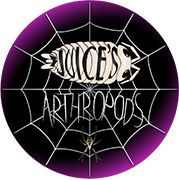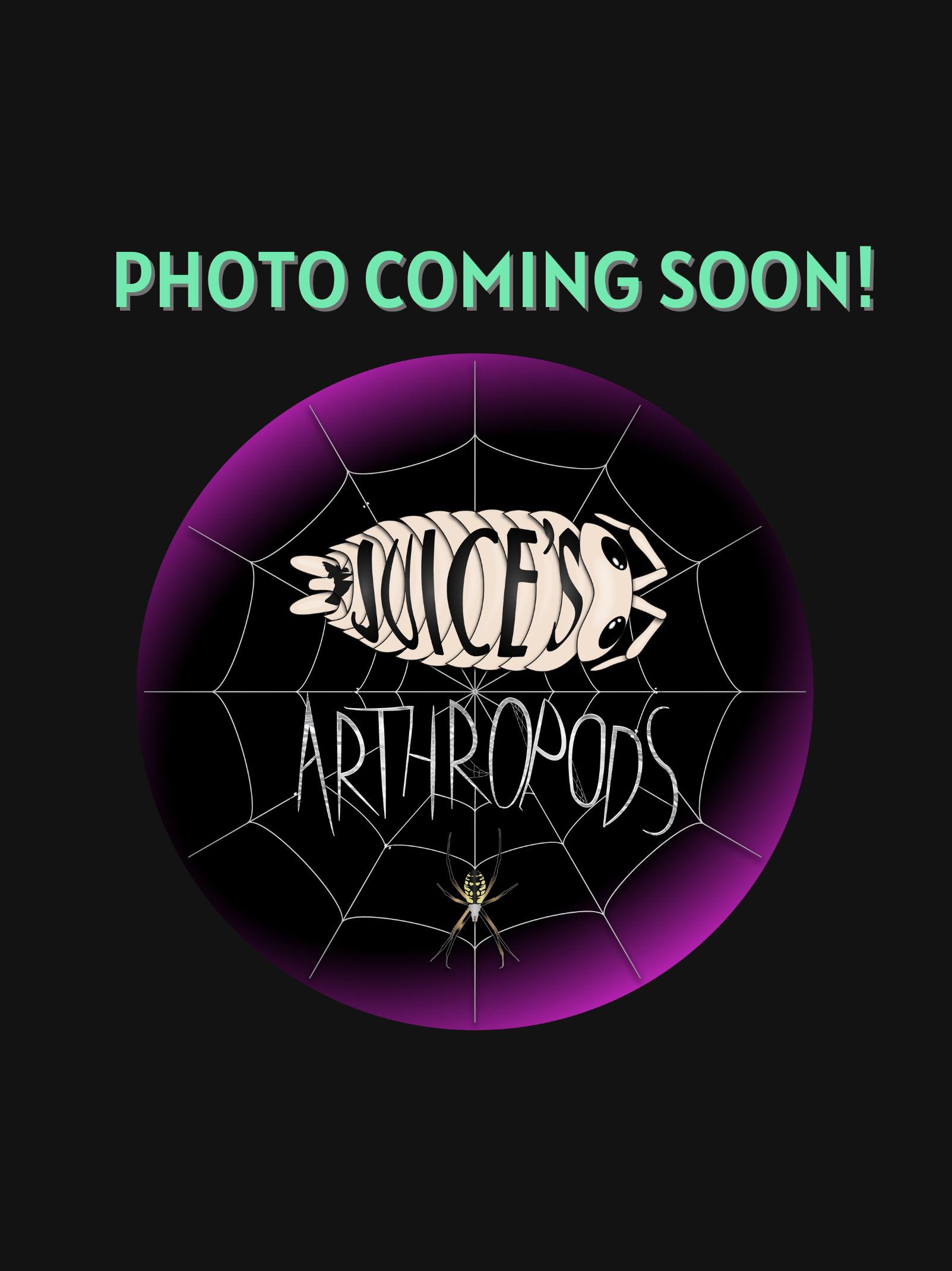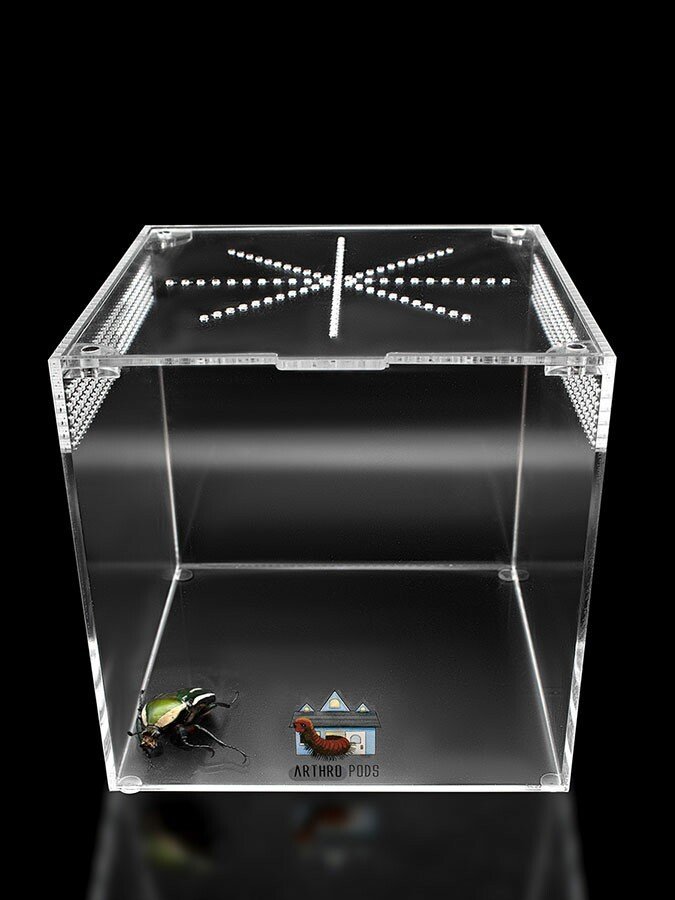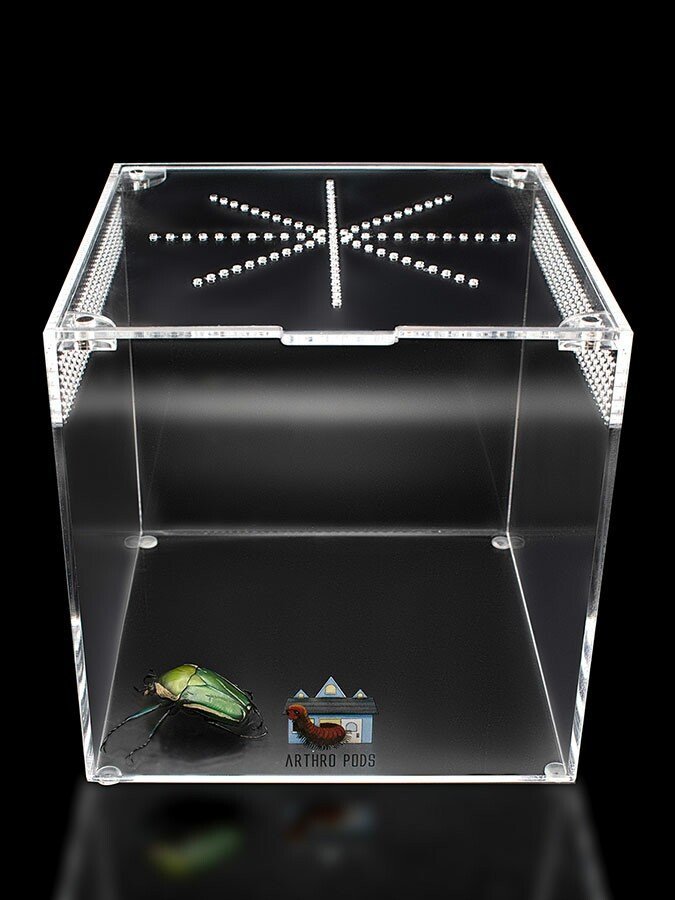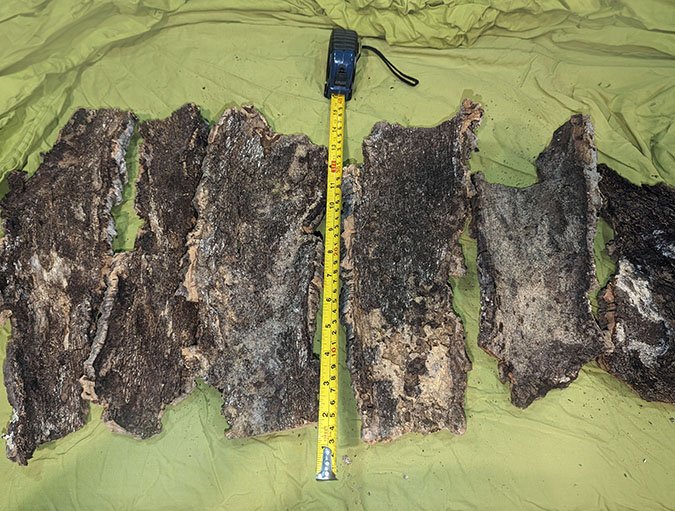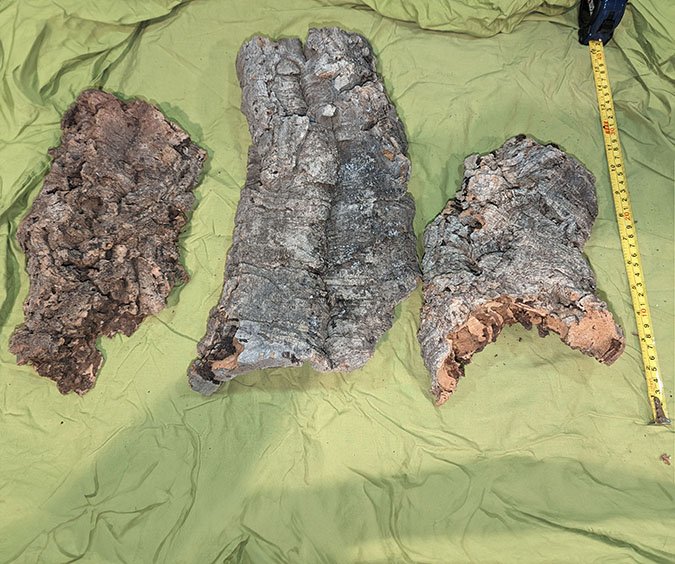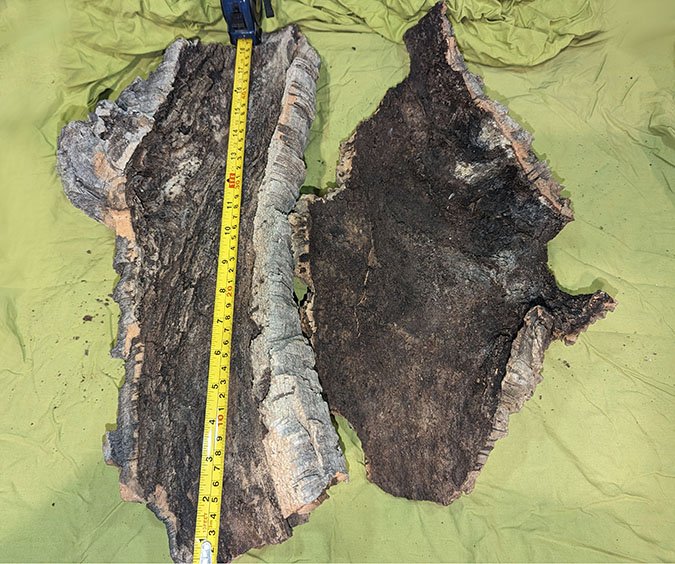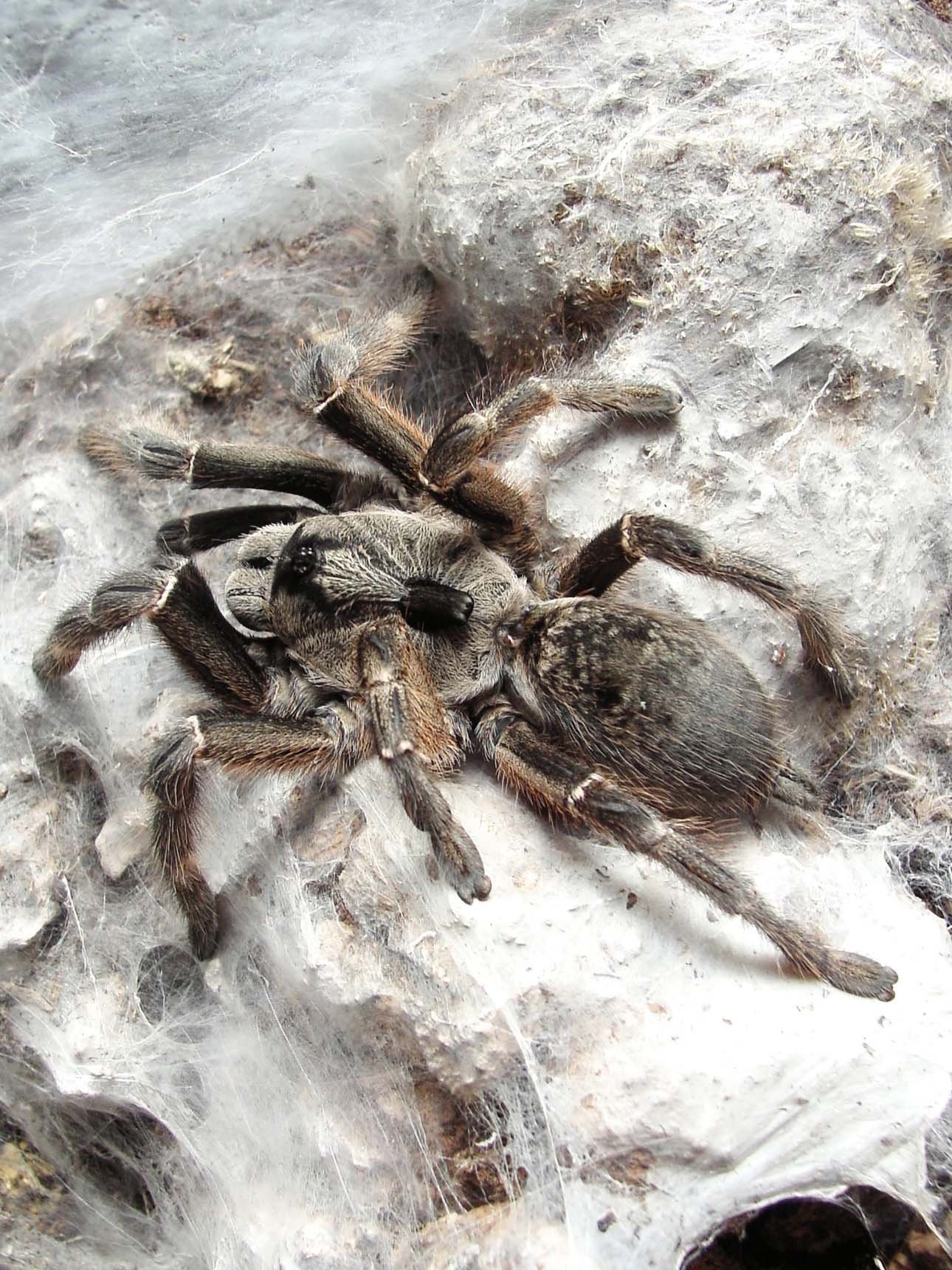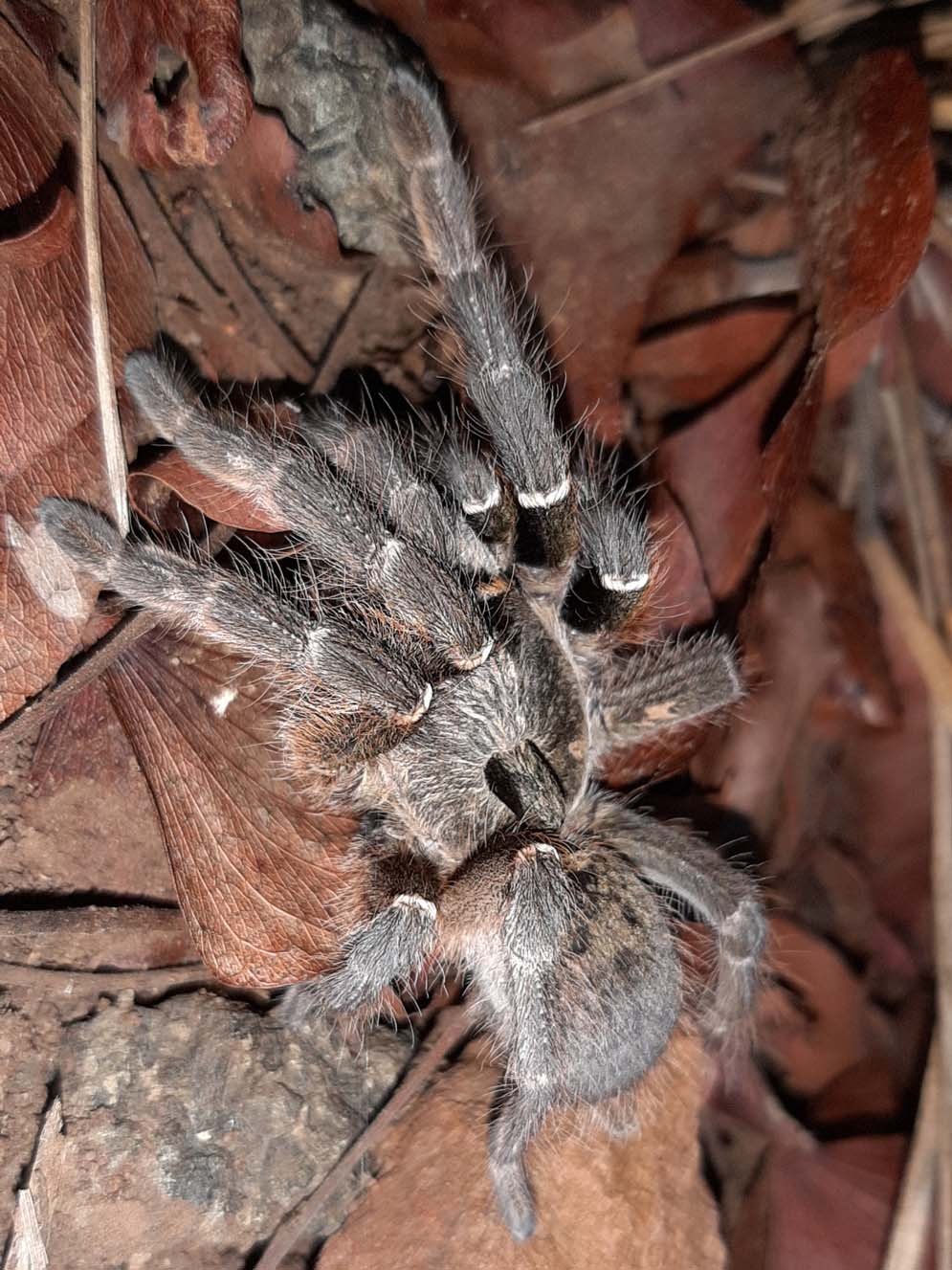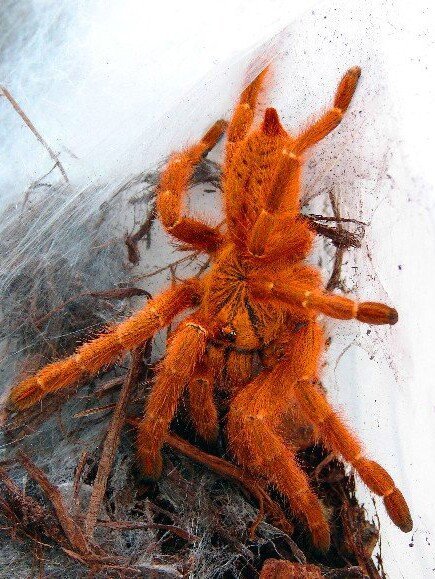What's the ideal diet for a Stout Leg Baboon Tarantula?
All Tarantulas can eat a variety of feeders. Stick to crickets, dubia roaches, silkworms, horned worms occasionally, and a superworm or mealworm as the occasional treat!
How should I keep a Stout Leg Baboon Tarantula?
You can start with the Fossorial Fissure Small enclosure for this particular creature. When they are about ⅓ the size, you will want to go to the Fossorial Fissure Medium or Fossorial Fissure Large enclosure. Feed them as slings once a week, twice if their opisthosoma (abdomen) looks small, but if the opisthosoma is wider than their prosoma (cephalothorax), then wait a couple of days to feed. For juveniles or adults, stick to feeding once a week, nothing larger than their opisthosoma. Make sure to keep a full water dish at all times; wider and deeper is preferred.
How long could a Stout Leg Baboon Tarantula live?
Females are believed to live upwards of 15+ years, and males not exceeding around 4 years of age. All estimates are based on multiple sources.
